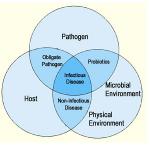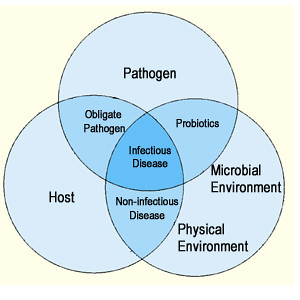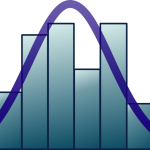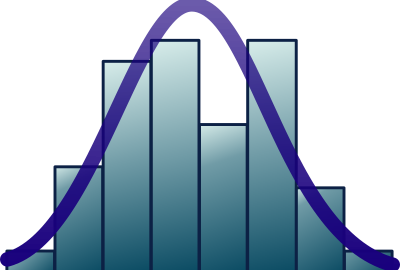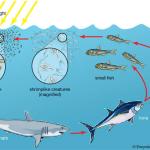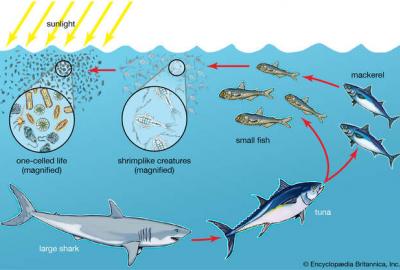Diseases in Aquaculture
The aim of the course is to understand the importance of microbial, viral and parasitic diseases in aquaculture, how to enumerate micro-organisms, to convey methodologies to prevent, to cure microbial diseases and and how to handle, manipulate and sample fish.
Course Contents
1. Bacterial morphology
2. Enumeration methods for bacteria (including PCR, ELISA)
3. Antibiotics and antibiotic resistance, vaccination and immunostimulants in aquaculture
4. Overview of a selection of relevant aquatic animal diseases
5. Hygiene and sanitation
6. probiotics
7. Case studies of marine fish hatcheries, including vaccination protocols
8. Handling/sampling techniques
9. Basic principles in epidemiology and ethical issues
10. Practical lab work on bacterial antibiotics susceptibility, bacterial plasmid conjugation, quorum sensing, bacterial virulence factors. Practical work on clinical
investigation of fish.
Final Competencies
1 The student has insight into microbial morphology.
2 The student has insight into techniques to enumerate bacteria.
3 The student has knowledge on aquatic animal diseases and their causative/eliciting agents.
4 The student has insight into the pathogenesis of microbial diseases.
5 The student has insight into the importance of hygienic techniques in an aquaculture environment.
6 The student understands techniques for disease prevention, including the use of probiotics, immunostimulants and vaccines.
7 The student understands techniques for disease mitigation such as the use of antibiotics and bacteriophages.
8 The student has knowledge on handling and sampling techniques.
9 The student is able to enumerate aquaculture pathogens.
10 The student is able to determine antibiotic resistance transmission among bacterial species.
11 The student has knowledge on basic principles in epidemiology and ethical issues.
Additional information regarding teaching methods
- Theory lectures: lectures based on powerpoint presentations.
- Practical classes: microbiological experiments on antibiotic susceptibility, bacterial conjugation, virulence factors and quorum sensing in small groups.
Further course information can be found here: https://studiekiezer.ugent.be/studiefiche/en/I002796/2021

